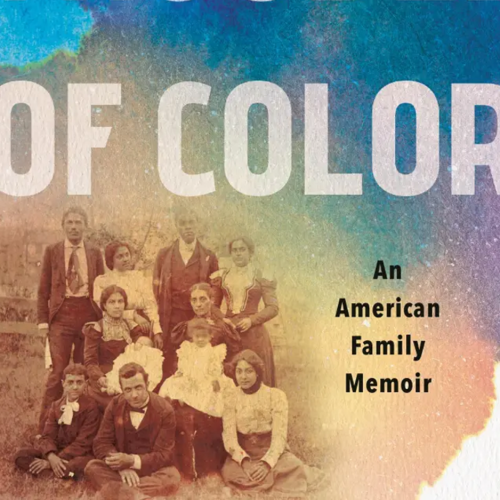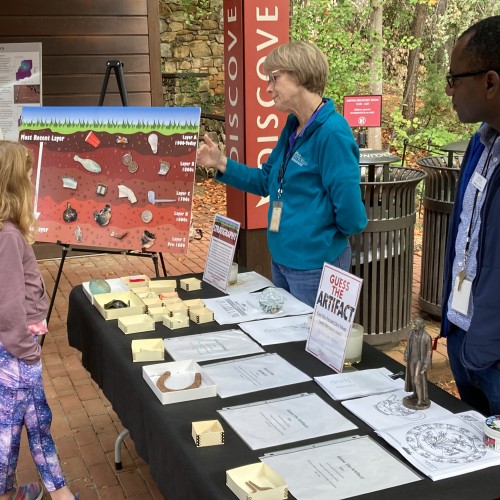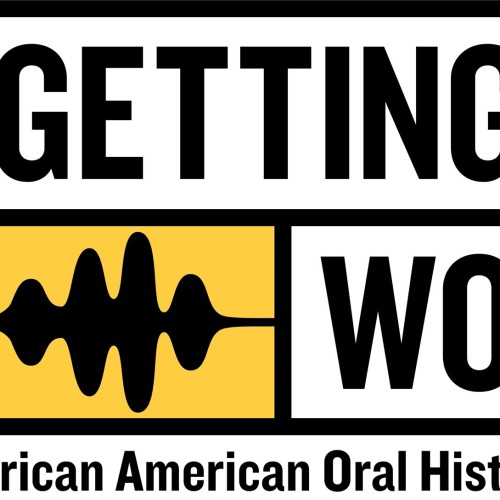From Slavery to Freedom Tour
Fridays - Sundays at 10:35 a.m.
This 2.5 hour, guided, small-group, interactive tour explores Monticello through the perspectives of enslaved people who labored on the plantation.


Fridays - Sundays at 10:35 a.m.
This 2.5 hour, guided, small-group, interactive tour explores Monticello through the perspectives of enslaved people who labored on the plantation.

Daily; Multiple Times
These guided outdoor walking tours focus on the experiences of the enslaved people who lived and labored on the Monticello plantation. Included with all tour tickets.

Join us in conversation on February 11 with Martha Jones, discussing her book, The Trouble of Color: An American Family Memoir. Tickets coming in November.

February 14 - Join us for an Archaeology open house, featuring displays, exhibits, engaging activities for all ages, and walking tours featuring the archaeological history of the mountaintop. More details coming soon.

February 7 - Join our Getting Word staff at the Jefferson School in Charlottesville, Virginia. More details coming soon.

The 1827 Monticello Dispersal Sale

Monticello Voices

Monticello to Main Street Walking Tour

In the Field with Monticello Archaeology: Discovering Site 6 (Home for Enslaved Field Workers)

Daughter, mother, sister, aunt. Concubine. Negotiator. Liberator. Mystery.

Getting Word preserves the histories of Monticello’s enslaved families and their descendants.

Follow the eventful life of James Hemings, a Paris-trained Chef de Cuisine enslaved by Thomas Jefferson.

Explore stories of life on the plantation and take a deeper look into the daily experiences of those who lived and labored at Monticello.

In this episode of our A Rich Spot of Earth podcast, we focus on the gardens enslaved families tended for themselves to supplement their rations and provide additional income, and discuss how these small garden plots figured prominently in the larger plantation economy.

Who was Benjamin Banneker? Scientist, clock maker, creator of bestselling almanacs, and possibly the first African American to publicly challenge Jefferson on the topics of slavery, race, and equality.

Monticello guide and musicologist Kyle Chattleton looks at the ways enslaved African Americans used music and the foundational role they played in creating a distinctly American musical tradition.

Trailblazer. Newspaper publisher. Civil rights titan. Meet William Monroe Trotter, one of the most influential descendants of Monticello’s enslaved community—and someone who too many people have never heard of,

Beer was a part of most meals at Monticello, possibly served in small silver vessels known today as "Jefferson Cups." But where did the beer come from? What was it like? And who made it?

Monticello guide Kyle Chattleton looks at the close relationship of Monticello's enslaved joiner John Hemmings and his wife, Priscilla, an enslaved domestic servant owned by Jefferson's son-in-law.

George and Ursula Granger moved to Monticello in 1773, as the enslaved workers of Thomas Jefferson. The Grangers of Monticello would go on to include community leaders, skilled tradesmen, cooks, blacksmiths, tinsmiths, farmers, and cider-makers as well as caring spouses, parents, children, and siblings.

Monticello historian Niya Bates describes the Getting Word African American Oral History Project and how it has helped transform interpretive experience at Monticello since its inception in 1993.

Explore our wide selection of publications that bring history forward through the stories of Monticello's enslaved community and their descendants.
ADDRESS:
1050 Monticello Loop
Charlottesville, VA 22902
GENERAL INFORMATION:
(434) 984-9800
